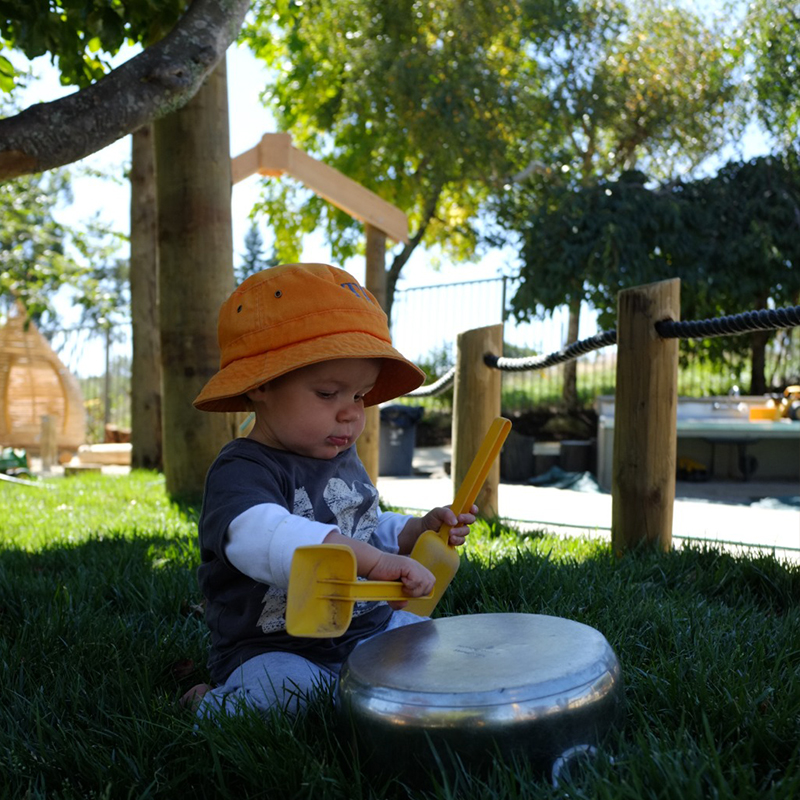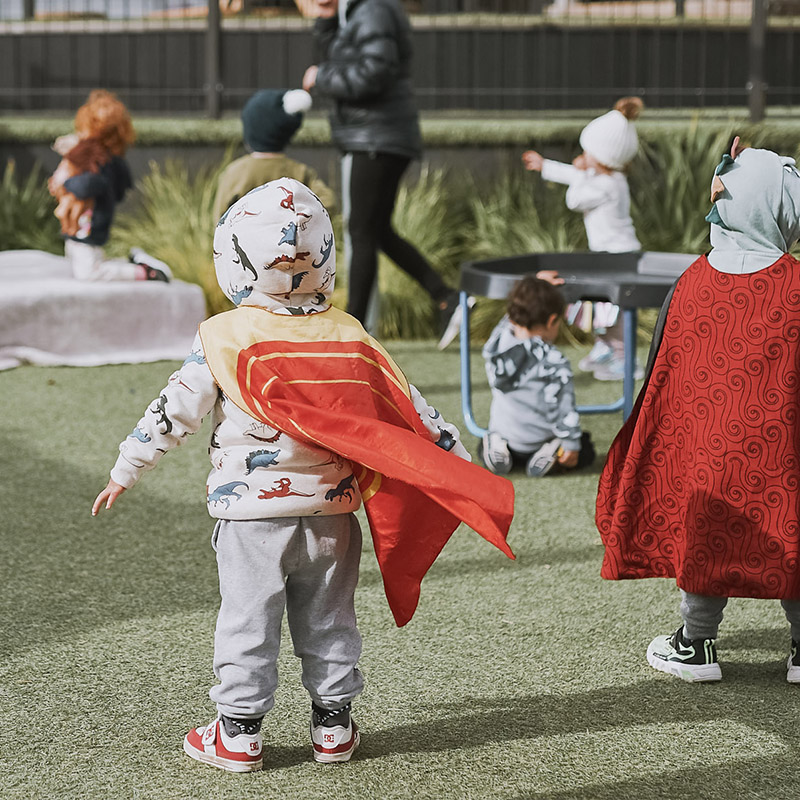Outdoor areas ignite creative play and let kids explore the world around them. The developmental benefits of playgrounds are no secret, with the UN declaring the ability to play as the 31st fundamental right of a child and only positive research coming out around the world.
Playgrounds are a place for kids to explore and develop. From learning social skills to cultivating a more tactile awareness of texture, movement, and strength, there are many things play helps develop. Let’s delve deeper into what exactly happens to a young mind when it’s left to roam free and play.


Play to Train the Brain
Children’s brains are like giant malleable sponges. The younger we are, the more new connections our brains can make within ourselves and the world around us. Neural connections are the bridges or pathways where thinking occurs in the mind. Developing brains through play helps a child’s brain grow positively by strengthening and increasing neural connections in the brain.
Play cultivates and prepares the brain for life, love, and yes, even schoolwork. Science suggests that the experience of play is crucial for developing neuron connections at the front end of the brain (the prefrontal cortex). It helps to wire the executive control centre, an area of the brain involved in problem-solving, formulating plans, and regulating emotions.
Much research has gone into the benefits of play for children and the positive effects play appears to have on learning. According to studies, a child’s ability to pay attention increases after recess when they have had an unstructured break for free play. We go into the benefits further below.
Playgrounds Foster Mind & Body Connection
Free play is unstructured play in which children have the freedom to run wild with their imagination. The ability to roam and play in outdoor spaces does wonders for the mind and body. Studies show that the different textures, sounds, and smells of outdoor spaces help our brains to connect with our bodies. Moving around in a space dictated by obstacles and challenges helps kids learn how their bodies move in space, creating spatial awareness.
Good spatial awareness not only brings us in line with our surroundings but within our minds. Each texture creates a new internal connection and association in the brain. Smooth textures might signal the ability to slide, whereas rough textures can aid climbing. Kids may even learn to associate the air on their skin with the freedom of play, creativity, and a sense of control, lending a calming effect and the feeling of empowerment.
Learning Social Skills Through Community & Interaction
A large part of kids’ brain development comes from socialising, and a playground offers a rich environment to navigate social interactions with peers. The art of negotiation is well-honed when it comes to whose turn it is on the slide! Tact is an undervalued skill, and playgrounds are great areas to cultivate compassion for others and learn to share effectively.
Social interaction goes deeper than that on an outdoor playscape. The range of potential situations means kids’ imaginations can run far and wide, with collaboration having a large part in playtime. Playing with others can also help kids get used to school settings, transitions, and different cultures.
Watch Kids Problem Solve Through Play
When kids play, they learn the notion of cause and effect. “If I drop this, does it break?” is a great one to be witnessed, as is “how do I get up there” or “how can I swing myself higher?!”
Though they might seem like simple examples, they are all examples of a problem needing to be solved. In our adult lives, we take it for granted that we know the answers to these simple questions, but where did we learn them and test our theories? More likely than not, the playground!
Play is the base for active creativity. Letting kids play however they wish in a playspace sees them solving problems with creativity often not seen in a more static adult brain.
Play to Train Muscle and Mind
Playgrounds and outdoor areas are made to make kids move! Movement means physical strength, coordination, balance, and an introduction to a healthy, active lifestyle.
Playgrounds Refine Coordination Skills
A good play area offers kids heaps of space to run, jump, pick up things, and explore! All of this requires movement, and practice makes perfect. When kids move, neural connections are fired through the brain, helping them refine their motor skills, engage muscles, and advance their physical abilities.
As an adult, we challenge you to have a go on the monkey bars or try to climb up a slide—it’s certainly not as easy as it used to be!
An Introduction to the Physical World & Their Place Within Nature
With an outdoor playground at the ready, kids have easy access to learning about nature and how to interact with it. Natural playgrounds allow kids to touch, move, listen, and explore the outdoors with curiosity. Curiosity breeds knowledge, and children need to know about the outdoors to respect it. Creating an appreciation for nature at a younger age helps build a foundation of passion for conservation as our children grow up.
Playscape Outdoor Spaces Boost Brains, Naturally
Here at Playscape, we create outdoor environments for kids to boost brain development and foster active fun and social play. We’re dedicated to incorporating that feeling of New Zealand’s nature into our playgrounds to nurture our next generation’s imagination, fun and exploration. Our play spaces are safe whilst providing kids the stimulation they need to develop their brains through play and have fun being active! If you’d like to know more about how Playscape can transform your space into a kid’s dream play area, get in touch, we’re happy to chat.